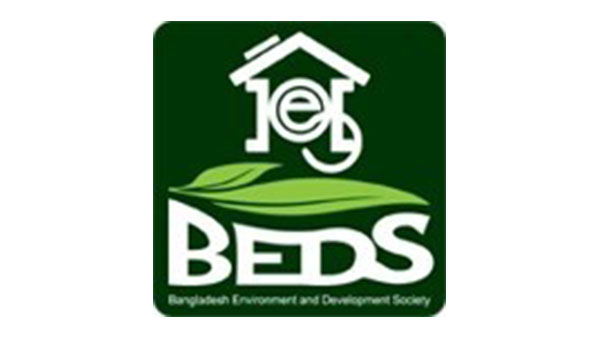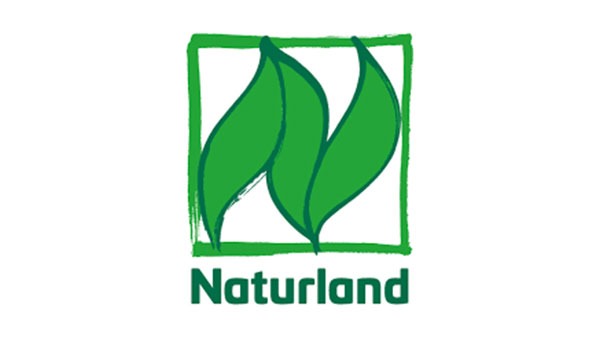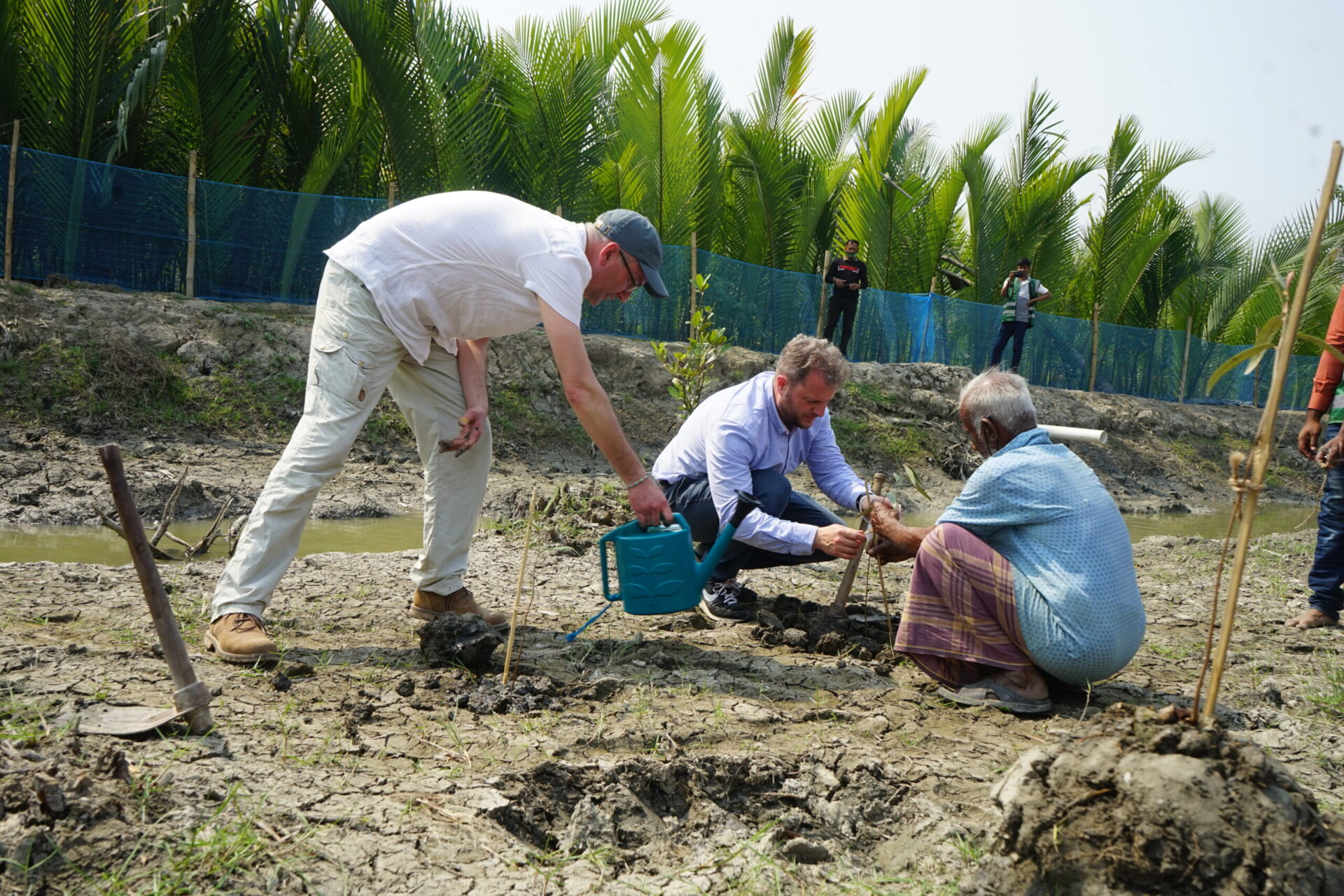We protect thousands of hectares of mangrove forest. Through sustainable shrimp aquaculture, we enable mangroves to reclaim their former habitat. In this way, we protect the climate and nature and create a sustainable source of income for local people.
In our SAIME (Sustainable Aquaculture in Mangrove Ecosystems) project, we are therefore working on the development of pilot aquaculture farms that use sustainable IMA systems (integrated mangrove aquaculture). Mangroves are planted in the dams, water channels and directly in the pond. In this way, shrimp can exist in harmony with mangroves and the ecosystem is preserved.
Project area
Goals
Rehabilitation
Exchange
Strengthening
Sustainability
Impacts
+ 50%
The income of 500 families has been proven to increase by at least 50 percent through a better value chain.
222
Farms are switching to sustainable shrimp aquaculture on an area of 150 hectares.
500
We support 500 smallholder families in making their farms fit for climate change.
Help
We are helping to develop a local market in India and Bangladesh for organically produced shrimp and ensure that small farmers have access to this market.
Impressions
Contribution to the sustainability goals
Latest news
Publications
Contributions
Arte documentary: (from min 13:00)
https://www.arte.tv/de/videos/096278-000-A/kuehlung-fuer-die-erde-wie-holen-wir-das-co2-aus-der-luft/
Pilot projects
https://food-biodiversity.de/pilotprojekte/saime/
Contact persons
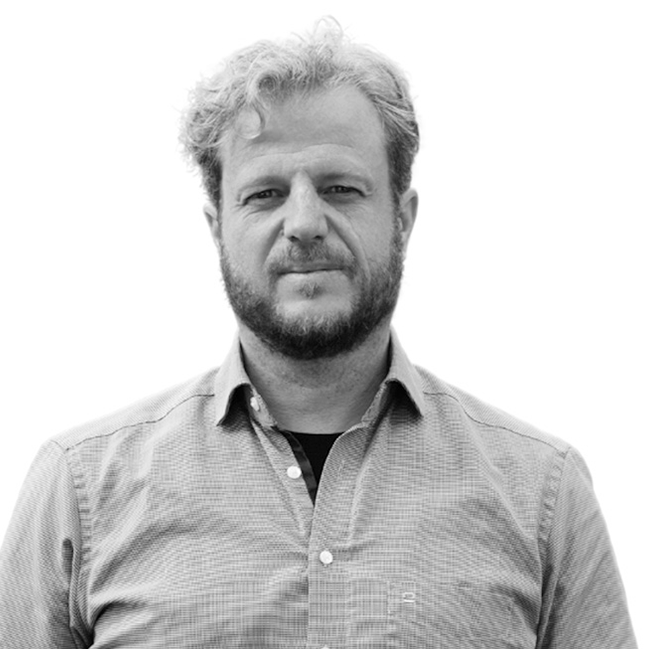

Andrea Schell
Project Manager Development Cooperation
Phone: +49 7732 9995 80
schell@globalnature.org
Sponsor

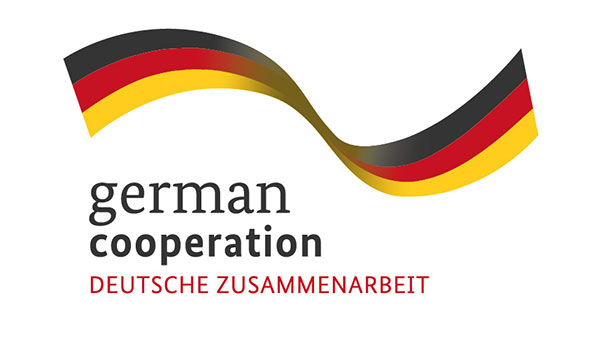
Project partners

